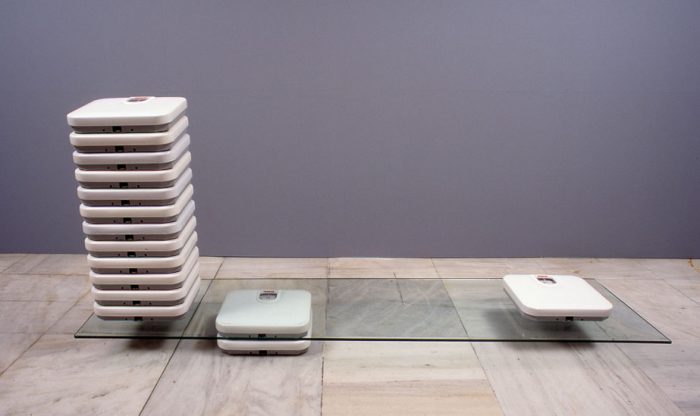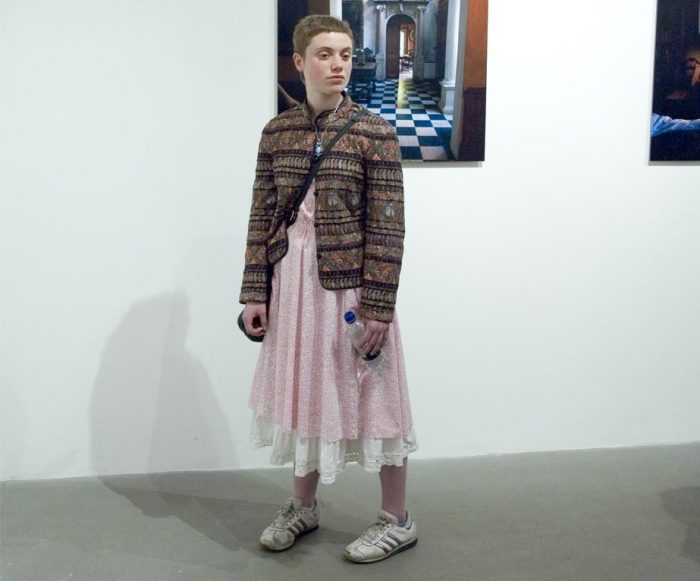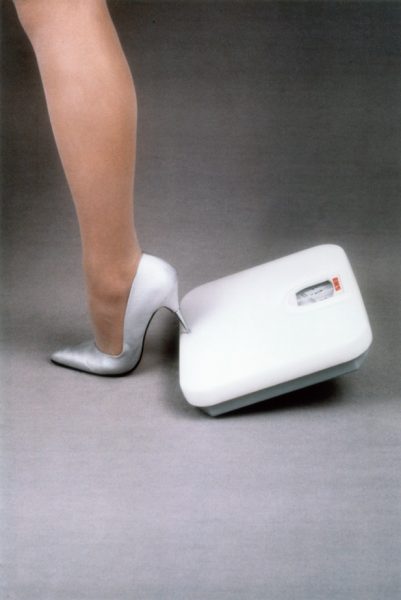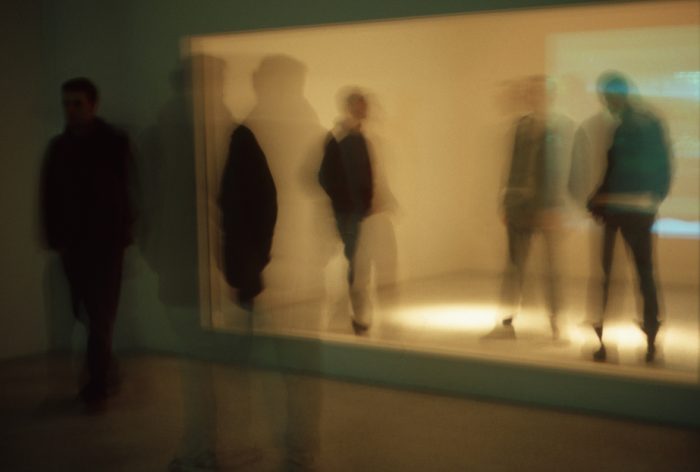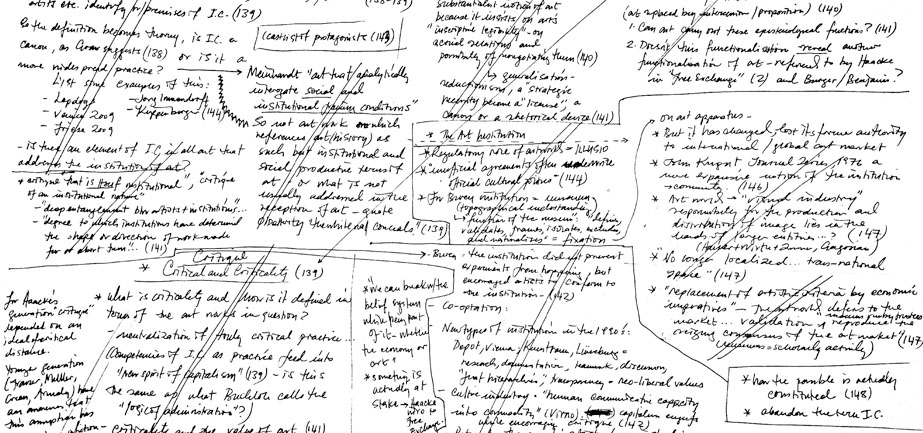 The Politics of Art
The Politics of Art
ABSTRACT
Current debates about political art or aesthetic politics do not take the politics of art into account. How can artists address social politics when the politics of art remain opaque?
Exhibiting artists self-consciously acknowledge the institutional frame around their work, and their own complicity with it. This compromised role that artists assume within the institution of art obscures their opposed values. Institutions are conservative hierarchies that aim to augment and consolidate their authority. How can works of art be liberating when the institutional conditions within which they are exhibited are exclusive, compromised and exploitative? Despite their purported neutrality, art institutions instrumentalise art both politically and ideologically. Institutional mediation defines the work of art in the terms of its own ideology, controlling the legitimate discourses on value and meaning in art. The argument goes that in a society where everything is instrumentalised and heteronomously defined, autonomous art performs a social critique. Yet how is it possible to make autonomous works of art when they are instantly recuperated by ideological and commercial interests? At a certain point, my own art practice could no longer sustain these contradictions. This thesis researches the possibilities for a sustainable and uncompromised art practice. If art is the critical alternative to society then it must function critically and alternatively. Artistic ambition is not just a matter of aesthetic objectives or professional anxiety; it is particularly a matter of the values that artists affirm through their practice. But works of art can only function through the institutional frames within which they are exhibited, and these frames constrain the potential interpretations and effects of art. Artists can define their own terms of production and exhibition, and the burden of responsibility falls on artists. The Exploding Cinema Collective has survived independently for twenty years, testifying to this principle. Autonomy is a valuable tool in the critique of heteronomy, but artists must assert it. The concept of the autonomy of art must be replaced with the concept of the autonomy of the artist.
KEYWORDS: art, art institution, autonomy, institution, contemporary art, critique, Exploding Cinema, institutional critique, ideology, politics, political, aesthetic, agency, museum, use-value, underground cinema.
 THE POLITICS OF ART by Sophia Kosmaoglou is licensed under a Creative Commons Attribution-NonCommercial-ShareAlike 4.0 International License.
THE POLITICS OF ART by Sophia Kosmaoglou is licensed under a Creative Commons Attribution-NonCommercial-ShareAlike 4.0 International License.
